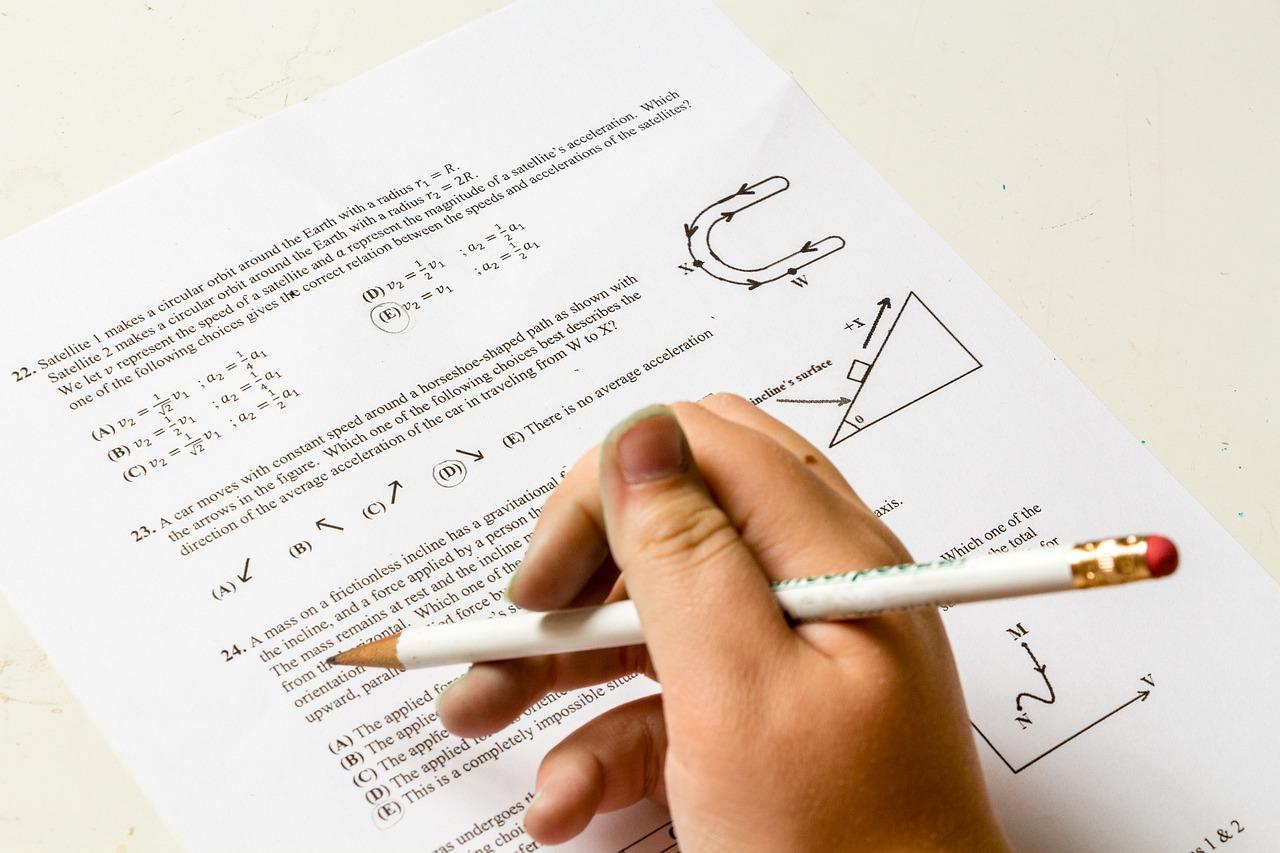It is a familiar but frustrating story for students who breeze through lessons, ace quizzes, and even help others study — only to fall short on exam day. They aren’t lazy or not trying hard enough; in many cases, they’re some of the brightest in the class. Then why do they fail tests?
It’s not always about how smart you are; it’s frequently more about your habits, perspective, and how well you prepare. In some cases, the failure is psychological — a mix of pressure, perfectionism, and fatigue. In others, it’s practical: poor time management, overconfidence, or relying on passive study methods that don’t hold up under timed conditions.

The irony is that people can spend hours mastering the odds on platforms like Coinplay yet struggle to approach exams with the same strategic mindset. In both cases, it’s not just what you know that counts but how you play the game.
Contents
Smart Doesn’t Always Mean Ready
Some students assume that being naturally good at a subject guarantees success. That assumption is dangerous. Relying on intelligence alone often leads to last-minute cramming or skipping essential exam strategies like reviewing past papers or timing mock tests.
Too Much Confidence Can Be a Trap
It is good to have confidence, but too much can hurt your chances. Students who do well in class all the time might not realize how hard and structured final examinations are. They review casually and think they’ve “got this,” only to discover too late that they missed key areas or misunderstood how questions are framed.
Passive Learning Doesn’t Stick
Smart students may often learn things swiftly when they read or listen to lectures. You might get something quickly, but it doesn’t ensure you’ll remember it for a long time. Reading notes, highlighting text, or listening to classes might seem like good ways to study, but these are all types of passive learning that don’t truly help you recall what you’ve learned. Active recall, spaced repetition, and self-testing are far more powerful tools.
Anxiety and Perfectionism: Silent Saboteurs
High-achieving students, driven by a passion for achievement, are more prone to suffer strong performance pressure. Fear of failing, wanting everything to be flawless, and thinking in “all-or-nothing” terms can make them panic during tests, even if they have studied hard.
Under such pressure, the brain can enter fight, flight, or freeze mode. For many bright students, this manifests as freezing during exams and blanking out even on topics they know well. This response is a form of stress, not a reflection of their actual ability. Fortunately, it can be trained and mitigated with practice under timed conditions.
Furthermore, perfectionism often causes students to waste valuable time trying to craft the ideal answer. It is good to try to do your best, but tests favor completeness, clarity, and organization over style. It’s just as important to know when to stop looking for the right answer as it is to study the subject. To do well on tests and keep your anxiety in check, you need to find a balance between accuracy and quickness.
Poor Strategy = Poor Results
Even top students can fall behind if they don’t approach exams strategically. Studying smart matters more than studying hard, and that requires a plan.
Not All Study Hours Are Equal
Spending hours in front of a book doesn’t equal effective learning. Some students focus too long on topics they already know instead of targeting weak spots. Others fail to simulate test conditions, which leaves them unprepared for time pressure and mental fatigue on exam day.

Ignoring the Exam Format
Whether it’s multiple choice, essay-based, or analytical, each format requires specific techniques. Doing practice tests or even looking over the marking scheme will help you do a lot better.
How to Stay Away From These Common Mistakes
The good news is that excelling on an exam isn’t about being the smartest; it’s about being the most prepared. If you’re brilliant but having trouble doing well when it counts, here are some important tips that can make a big difference:
- Use active recall and spaced repetition: Flashcards, practice questions, and teaching others are powerful ways to engage your memory. Revisit material regularly over time, not all at once. Apps like Anki or even a custom schedule can help you manage this method easily.
- Train under pressure: Simulate real exam conditions. Set a timer, clear distractions, and write or solve questions as if it’s the real thing. This builds mental endurance and reduces panic on the actual day.
- Focus on weak areas: It’s tempting to review what feels familiar. Instead, identify gaps in your knowledge and spend more time on them. Targeted learning is far more efficient than general review.
- Balance study with rest: Smart students often neglect breaks; they think more time equals better results. In truth, regular rest improves memory and focus. Short breaks, appropriate sleep, and even exercise contribute to sharper thinking and improved retention.
By using these strategies, you can go beyond just being smart and study in a way that improves your chances of doing well on the test. Remember that it’s not how long you study that matters, but how well you use your time and concentrate on the right things.